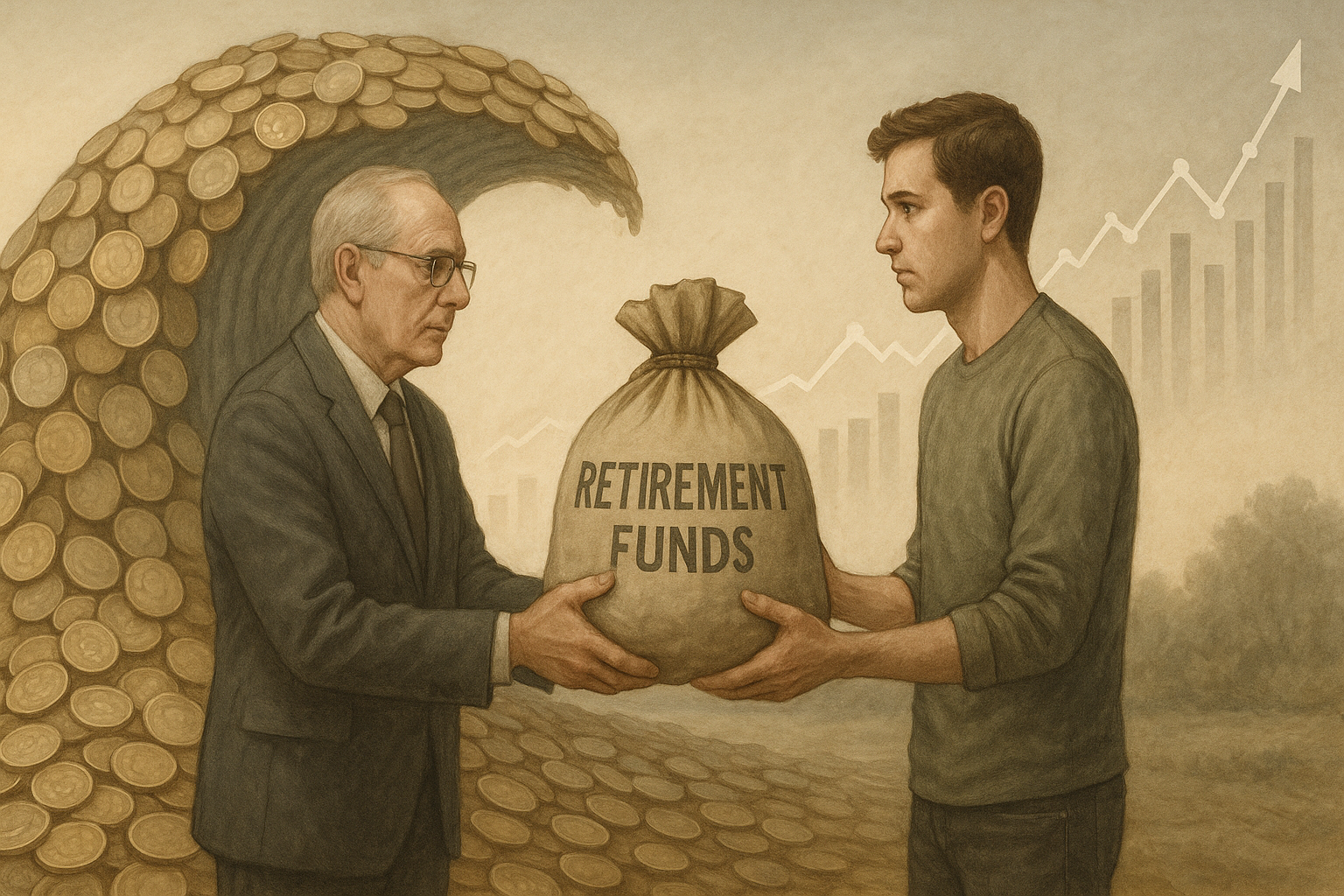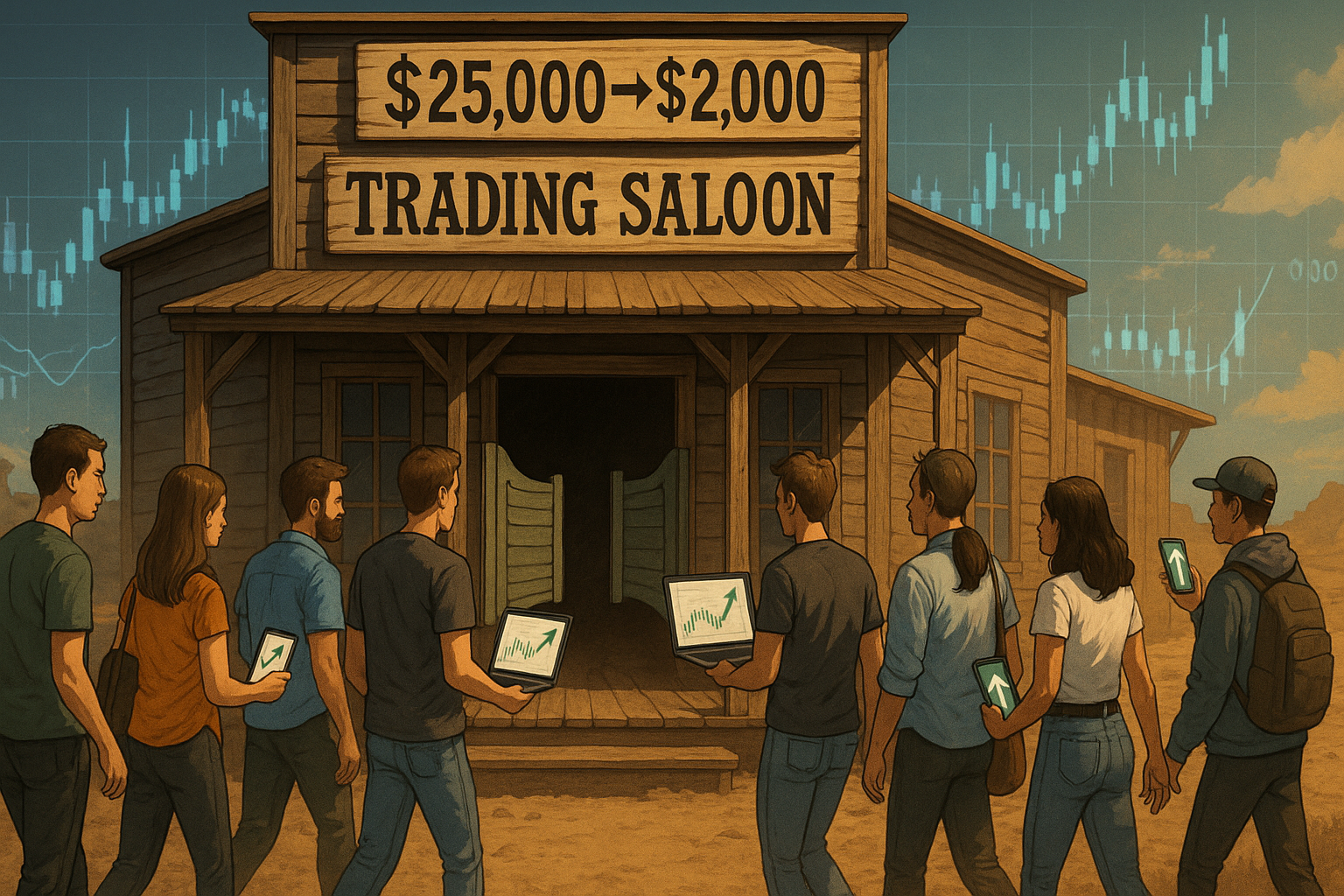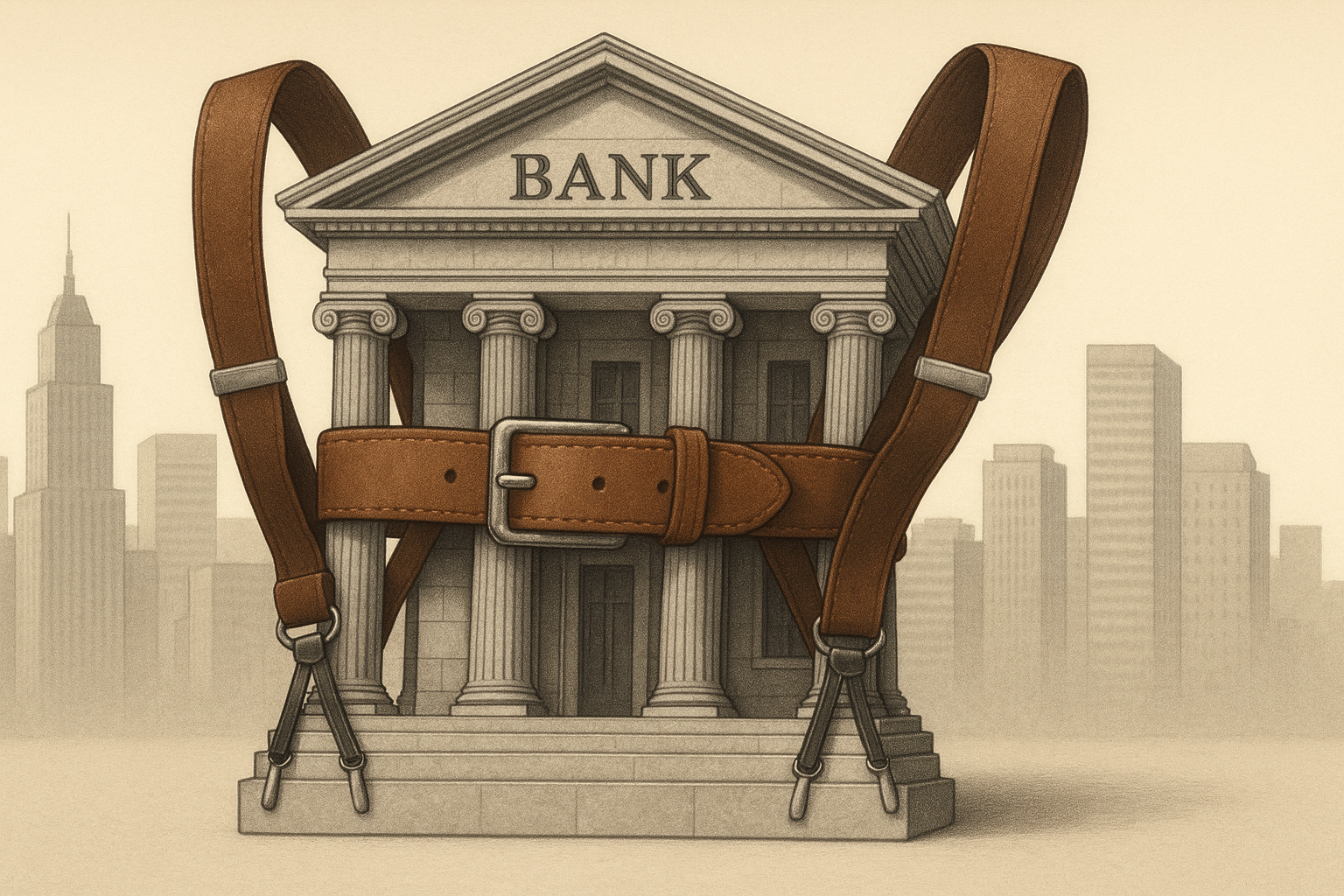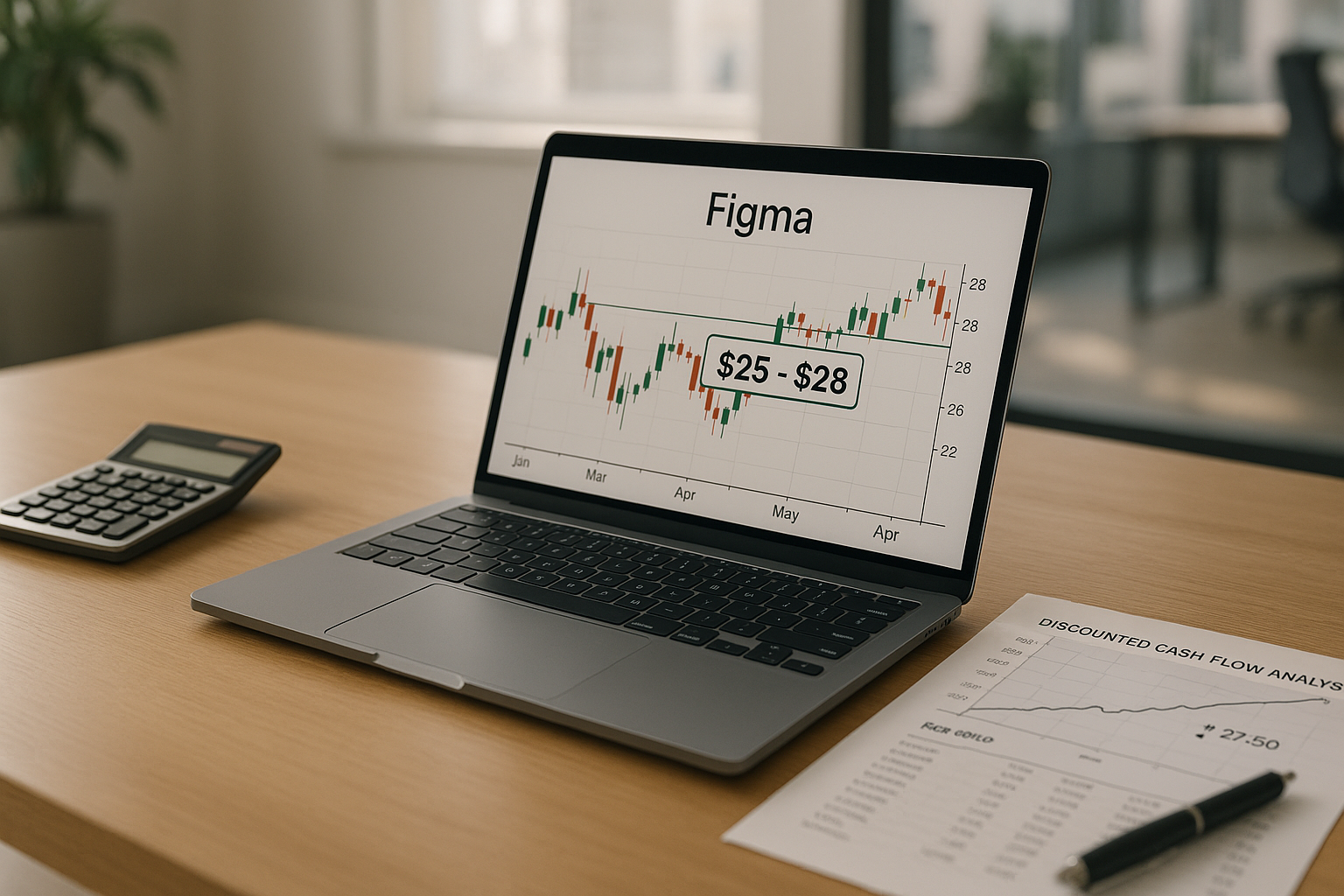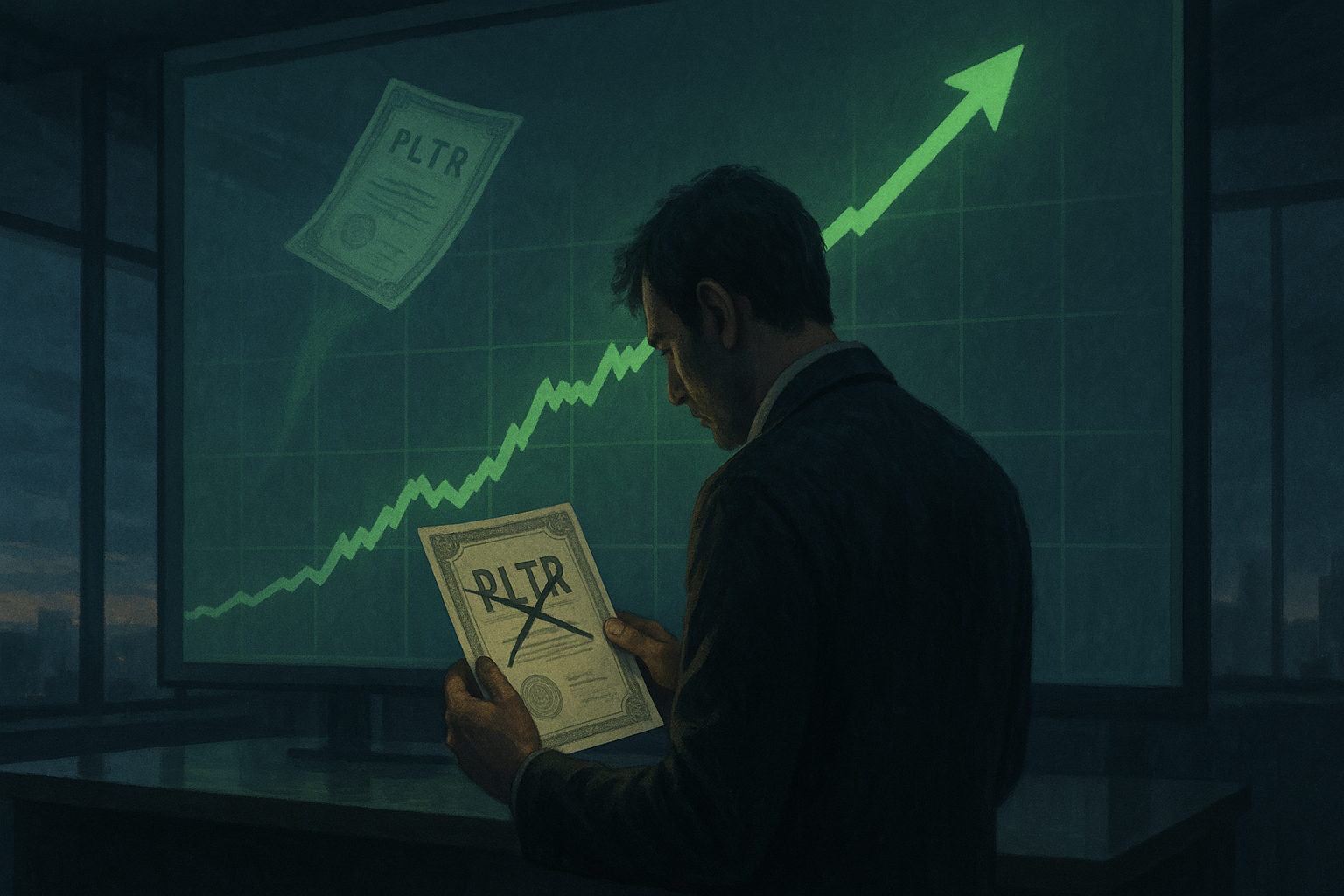The image keeps playing in my head. That scene from "The Big Short" where the CDO manager—smug, comfortable, oblivious—admits they're not selling their toxic assets but simply marking them up and collecting fees. Someone's always left holding the bag when the music stops.
And now I'm wondering: could that someone be an entire generation?
Look, we've all heard the stats. Around 11,000 Baby Boomers are retiring every single day—a demographic freight train that's been visible on the horizon for decades but somehow still manages to surprise financial commentators who should really know better. It's the beginning of what might be the greatest wealth transfer in modern history.
Or something far worse.
The whole system is about to get interesting, and not necessarily in a good way. That 401(k) experiment—and let's be honest, that's exactly what it is—is facing its first real stress test. Many forget that the 401(k) wasn't some grand design for retirement security; it emerged almost accidentally from a 1978 tax provision. The first Boomers who've relied on this system their entire working lives are only now hitting their golden years.
So what happens when all that money that's been flowing INTO markets suddenly needs to flow OUT?
I've been covering retirement trends since 2015, and the standard line from financial advisors is always reassuringly simple: "As Boomers sell, younger investors will naturally buy." It sounds logical enough—a perfect circle of investment life.
But is it true?
The math gets sketchy when you look at the savings capacity of younger generations. Between stagnant wages, the student debt albatross (now exceeding $1.7 trillion), and housing costs that would make your parents' mortgage look like pocket change, Millennials and Gen X might not have the firepower to absorb what's coming.
And this matters because—as anyone who's taken Finance 101 knows—prices are set at the margin. You don't need everyone selling to crash a market; you just need more sellers than buyers at any given price point. Even a modest imbalance between retiree outflows and working-age inflows could rattle markets in ways the standard models don't capture.
Now, the counterargument deserves consideration. Global capital markets are massive. The idea that American demographic shifts alone could tank worldwide markets seems... overblown? International investors, institutional players with endless capital, and corporations' insatiable appetite for buying back their own stock could potentially offset the Boomer sell-off.
But markets aren't just mathematical equations. They're psychological beasts.
This retirement wave isn't happening in isolation. It's crashing into shores already reshaped by inflation pressures, geopolitical uncertainty that seems to worsen weekly, and a fundamental rethinking of monetary policy that's been the bedrock of investment strategies for decades.
Speaking of inflation—that economic ghost that terrorized the 1970s before vanishing for a generation—it's back, and the Fed's quiet willingness to tolerate numbers above their once-sacred 2% target tells us something important. We've entered a new normal where 3-4% inflation might be considered acceptable.
(For retirees living on fixed incomes, this is about as "acceptable" as finding a scratch on a new car.)
Which brings us back to our potential bag holders. If you're a Millennial or Gen X investor who's faithfully followed the "buy and hold" religion preached from every financial pulpit for the last thirty years, you might be wondering if you've been sold a story that worked beautifully for one generation but fails miserably for yours.
There's a delicious irony here. Boomers rode a financial escalator powered by falling interest rates and technological revolutions throughout their prime investing decades. Many mistook this generational tailwind for personal investment brilliance. Their children and grandchildren, facing structural headwinds instead, might need an entirely different playbook.
Does all this doom and gloom mean younger investors should abandon ship on equities? Hell no. That would be an overcorrection, potentially just as dangerous as blind faith in index funds.
But it does suggest—to me, at least—that the next few decades won't reward the same strategies that worked from 1980 to 2020. Alternative assets, international diversification beyond the S&P 500, and inflation hedges probably deserve more space in your portfolio than the conventional wisdom allows.
The question isn't whether younger generations will end up as bag holders—it's what's actually in those bags. If it's just overpriced US large caps purchased at peak demographic demand... well, that's concerning. But markets have a funny way of surprising even the most confident predictions.
I've watched enough market cycles to know one thing for certain: the moment everyone agrees on what's about to happen is precisely when something entirely different does.
And that might be the most comforting thought of all.
